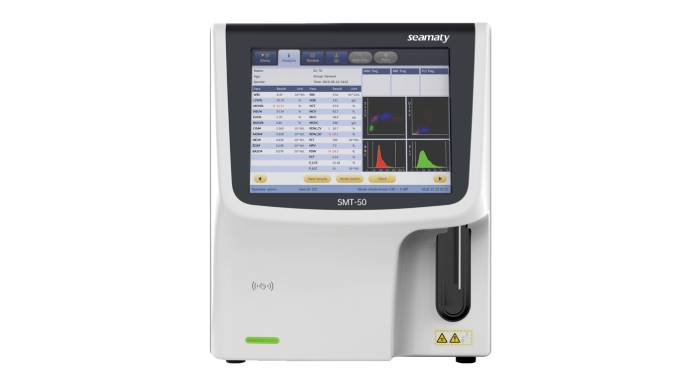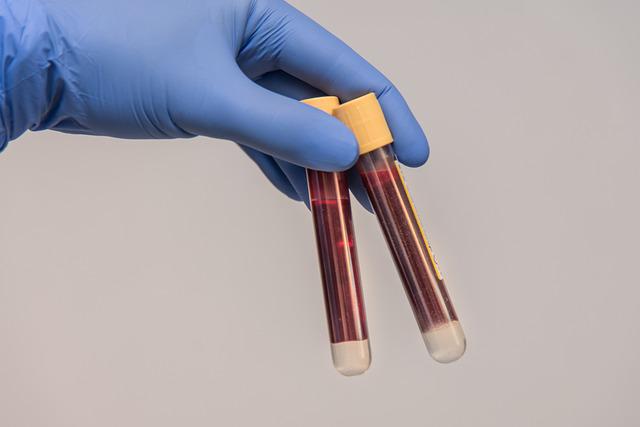As people's living conditions continue to rise, they opt to have pets as part of their household. According to a recent survey, pets are present in more than 65 percent of United States of America households. Similarly, the number of pets/animals in Canada, China, and Europe has risen to 5 fold in the recent decade. So due to the massive upsurge in the pet population, we also need modern state-of-the-art medical instruments to cope with our pets/animals' ailments. One such instrument is a vet biochemistry analyzer.
Veterinary Blood Chemistry Analyzer
Numerous animal hospitals and animal diagnostic centers are equipped with vet biochemistry analyzer machines, which are used to do routine blood tests on pets/animals in order to diagnose disease more quickly and precisely. This allows them to give more professional services to their clients.
The vet blood analyzer is designed to use chemical/biological technology to perform various electrochemical and enzyme-linked immunosorbent assay tests on samples (especially blood) in order to detect the presence of pathogens or drugs associated with diseases. The vet blood analyzer is appropriate for use in research labs, pharmaceutical and biotech businesses, and other similar facilities. An example of the application of this sort of analyzer is the measurement of urine creatinine to determine the filtration capability of the kidneys.
When selecting a biochemistry analyzer, it is critical to consider if assay automation is necessary, the uniqueness of the reagents, and the level of precision required for the measurements. It is also necessary to take into account the capacity of veterinary biochemistry analyzers.
Please remember that some models, such as the Seamaty veterinary biochemistry analyzers, are designed purely for veterinary applications.

Advantages of Using Veterinary Biochemistry Analyzer
-
1)Before the invention of the microscope, veterinary practitioners conducted routine blood tests using the microscope, which is an entirely manual procedure. With the advancement of critical medicine and the use of cutting-edge technology, the veterinary biochemistry analyzer has risen to become the primary method for regular blood analysis, replacing microscopic inspection.
-
2)The major reasons for the widespread use of vet blood analyzers are that they aid in improving job efficiency while also providing precise and dependable outcomes. A vet biochemistry analyzer explicitly created for veterinary institutions speeds up the entire process of analyzing blood cells. For example, the Seamaty (SMT-120VP) can test up to 37 parameters simultaneously and produce precise reference laboratory standard findings. There is no requirement for professional operation expertise. This vet blood analyzer is equipped with built-in centrifugation equipment, a QR code, and intelligent quality control technology. There is no need to add diluent or centrifuge because the analyzer operates entirely automatically. After 12 minutes, the test results will be printed out automatically.
-
3)A vet blood analyzer offers a scientific foundation for diagnosing and differential diagnoses of illnesses in companion animals.
-
4)Lab testing is a crucial element of the revenue stream when it comes to veterinary clinical practice. A vet biochemistry analyzer can provide significant economic benefits by reducing work and time costs while also increasing productivity. The fact that veterinary biochemistry analyzers enable veterinary practitioners to give more specialized services boost the veterinary clinic's ability to generate additional revenue streams.
Fact:The Seamaty (SMT-120VP)is a state-of-the-art complete automated biochemical analyzer for use in the diagnostics of companion animals.



